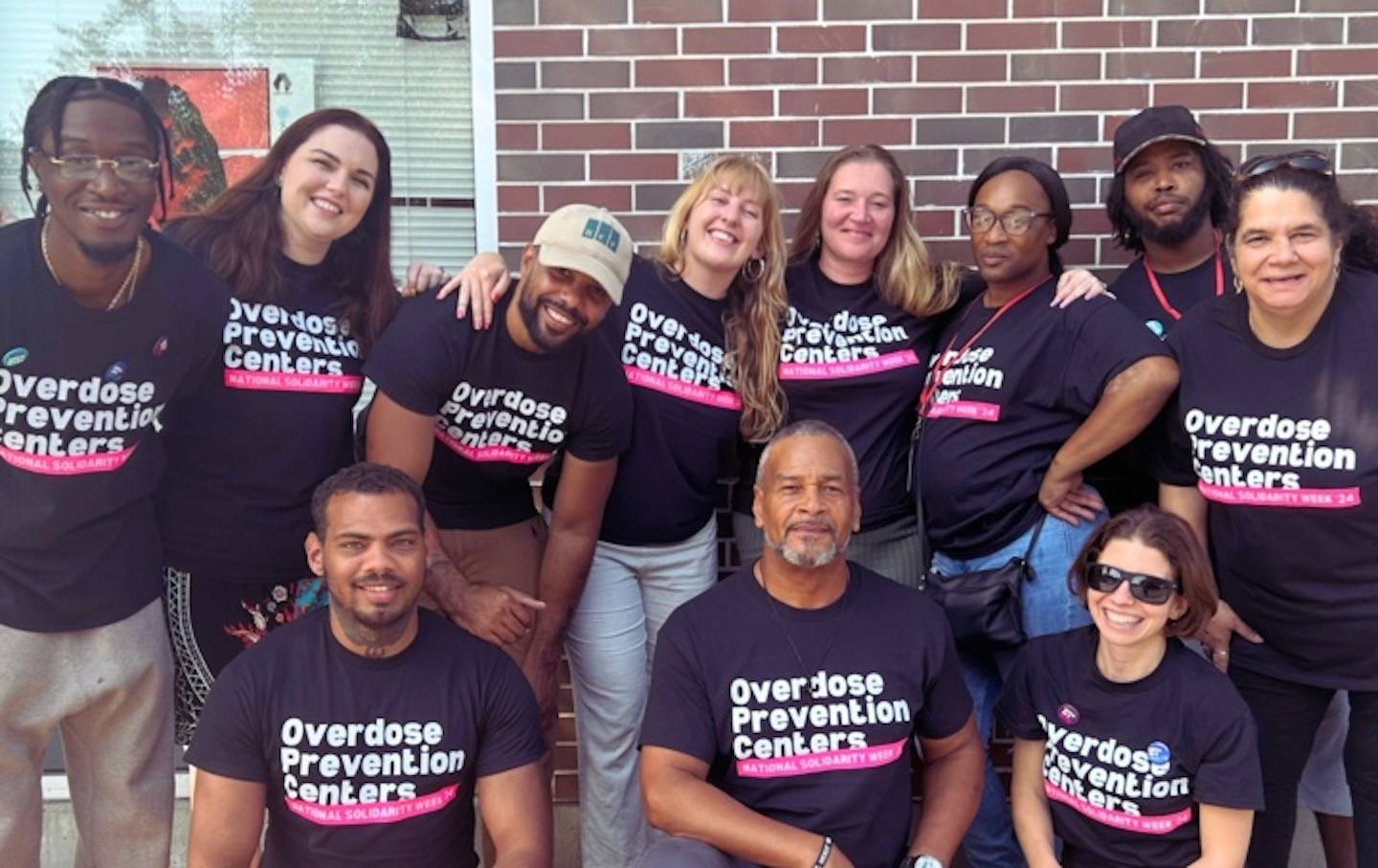
"In 2015, a year into his recovery from drug addiction, Dennis Bailer was determined to give back. While receiving support from various harm reduction programs, he searched for a place where he could help others navigate their own recovery journeys but came up empty. A friend told him about Project Weber in Providence, Rhode Island; a harm reduction site rooted in peer-led recovery. After just a few volunteer shifts, he knew he had found his place."
""I wasn't dealing with people with degrees, who read about substance use disorder, or who maybe even had some family members," said Bailer, now the center's overdose program prevention director. "There's something different about working for an organization where the people who ran the organization had lived experience with being unhoused and trying to navigate treatment detox facilities. This gave it an entirely more grounded feel in regards to connecting with the people we were trying to serve.""
"At the time, Project Weber operated out of a weathered brick building with just five part-time employees. Now, after merging with a similar organization, Project Renew, the group has 40 full-time employees, and has just established an opioid overdose prevention center this year. The project is just one of many community-based programs made possible through federal investments aimed at tackling the overdose crisis. Over the past decade, the federal government has expanded access to medications for opioid use disorder, increased naloxone distribution, and promoted harm reduction strategies such as the use of fentanyl test strips."
StudentNation highlights the best of student journalism and receives funding from The Puffin Foundation. Students can submit article pitches and questions to [email protected]. In 2015 Dennis Bailer, a year into recovery from drug addiction, sought ways to help others and found Project Weber, a peer-led harm reduction site in Providence, Rhode Island. Project Weber grew from a weathered brick building with five part-time employees to a merged organization, Project Renew, employing 40 full-time staff and establishing an opioid overdose prevention center. Federal investments expanded access to medications for opioid use disorder, naloxone distribution, and promoted harm reduction tools like fentanyl test strips.
Read at The Nation
Unable to calculate read time
Collection
[
|
...
]